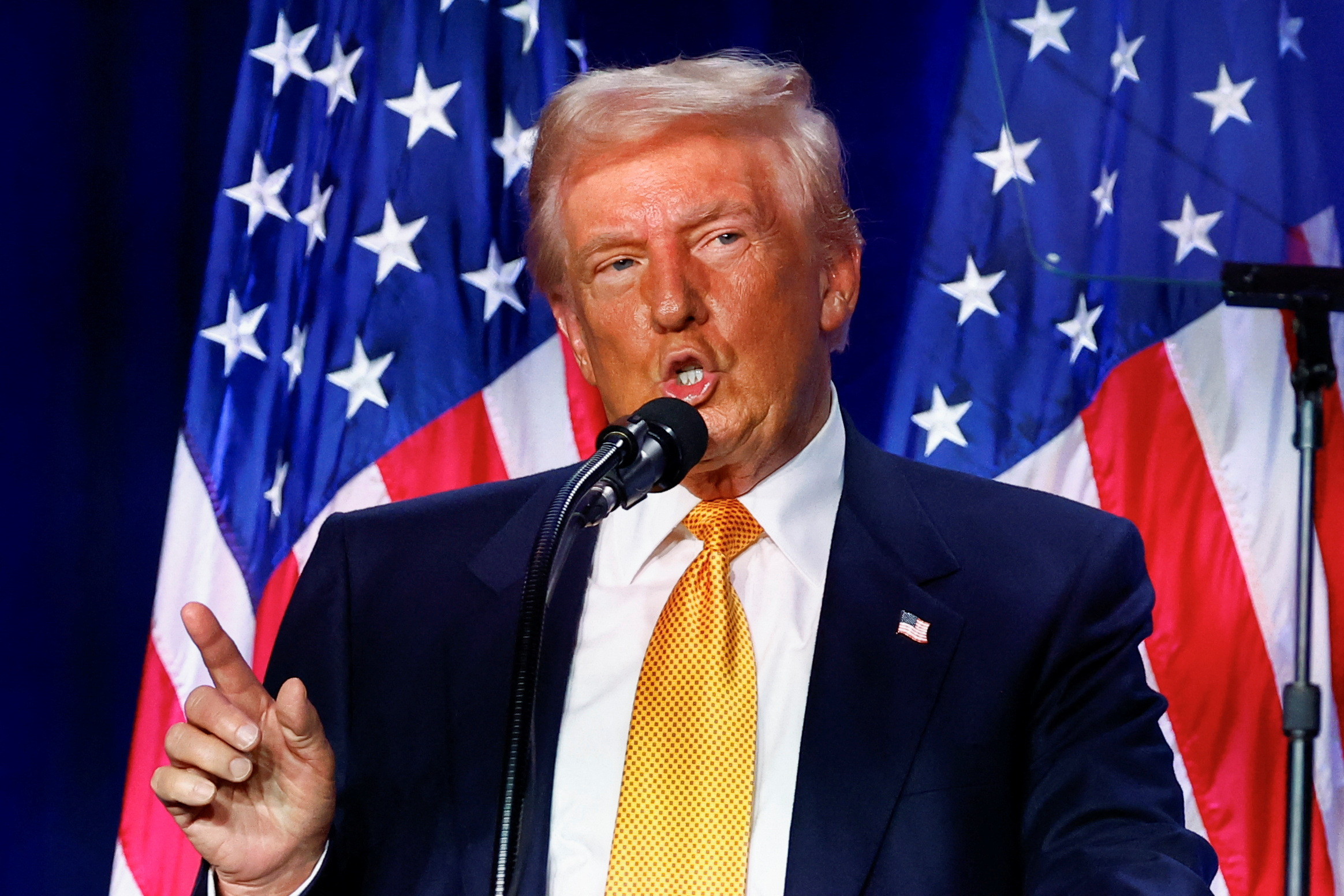The election, for the second time, of Donald Trump in the US signals important geopolitical changes and is expected to impact the global economy decisively.
Currently, the US economy presents a satisfactory picture. Growth is above 2 per cent, unemployment remains low, inflation is on the decline and real wages are improving.
The progress in the technological field is spectacular. Despite the high deficits in the current account of the balance of payments and public finances, their financing does not constitute a problem so far, while the position of the dollar remains strong.
Contrary to the above evidence, the comfortable electoral success of Trump appears to reflect widely spread discontent with the overall economic situation by the lower and middle classes, particularly the effects of high prices on their standard of living.
His election is expected to lead to controversial changes to economic policies as part of his acclaimed ‘America First’ strategy. Drastically cutting corporate taxes, dismantling the regulatory framework, downsizing the public sector, steeply increasing import tariffs against China, Europe and other countries, pressuring the Federal Reserve to aggressively cut interest rates, as well as taking steps to deport immigrants are some of his announced priorities.
In the same context, Trump is advocating the abolition of renewable energy subsidies and a radical reorientation of energy policy in favour of conventional forms of energy (oil and gas).
In terms of foreign policy, the Trump administration appears to be seeking to reduce its involvement in international conflicts, such as the one between Russia and Ukraine.
Markets appear, for now, to support the announced policies, mainly those referring to reducing corporate taxes and weakening of the regulatory framework of the economy, leading to a rise of the US stock markets and a strengthening of the dollar.
In contrast, many politicians and economists express serious concerns, especially with respect to the adverse effects of “unorthodox” policies, such as the steep increases in import tariffs and the drastic restrictions on immigration, which are expected to negatively affect global growth and boost inflation. Moreover, the announced tax cuts are expected to swell the already high US public debt.
Based on these critical views, the positive effects of Trump’s policies are reflected in the short-medium term, while the adverse effects will be felt in the long term, including the adverse consequences regarding climate change.
Europe is expected to be negatively affected, mainly by the planned increase of protective tariffs, given its dependency on exports. It will also be forced to shoulder a heavier burden in terms of defence spending and support for Ukraine.
The need for greater autonomy in the formulation of Europe’s policy, mainly in the fields of security, energy, technology and international trade, as reflected in the recent and widely discussed report of Mario Draghi, has now become imperative and appears to be a one-way direction.
Andreas Charalambous and Omiros Pissarides are economists and the opinions they express are personal








Click here to change your cookie preferences